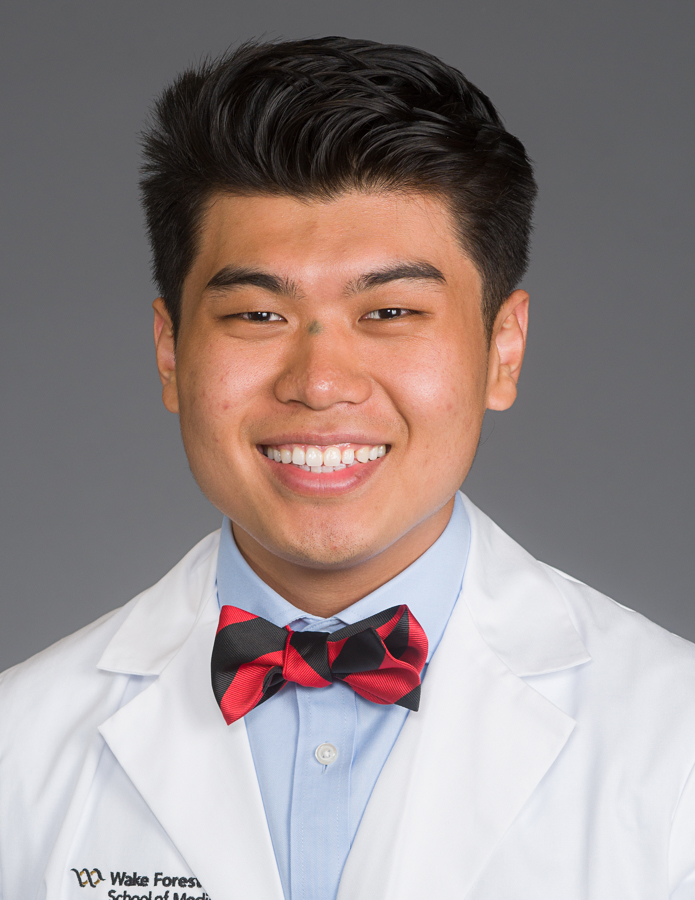June 24, 2024. By Harrison Huang.

African Americans are twice as likely to develop Alzheimer’s disease compared to White Americans. Despite this difference, African Americans have only comprised 1.2% of participants of clinical trials in Alzheimer’s from 2001 – 2019.
We cannot expect to adequately treat this population at much higher risk if they are not even represented in the science that fuels our medications and treatments. In addition, this disparity likely fuels the misdiagnosis of underrepresented populations in research. African Americans had a 64.9% lower chance of being diagnosed with dementia at the first visit. All of this culminates into a health and research system that is unable to adequately support marginalized populations. This lack of diversity in clinical trials is not limited to Alzheimer’s disease or to African Americans. An analysis of 32,000 participants of drug trials in 2020 showed that Blacks, Asians, Hispanics, and the elderly were all underrepresented. This underrepresentation continues to fuel the cycle of inequity in healthcare that harms the most vulnerable and marginalized populations.
What can we do about it?
Researchers need to put an increased effort into recruiting minority communities which begins by establishing trusted relationships. Considering the numerous historical examples of unethical experimentation like the Tuskegee Syphilis Study, there is a significant history of mistrust and exploitation which has understandably led to hesitancy among these groups. That is why it is imperative to partner with trusted community leaders to help recruit and inform communities of color of the importance of their participation.
As a medical student and researcher, I recall one patient in particular who felt so distrusting and misguided by the healthcare system that she wouldn’t listen to her doctors. But when I sat down with her, she told me about how she constantly heard from her friends and family not to trust doctors and vaccines and medicine because of so many historical faults. Eventually, we started to develop a trusting relationship and she did end up taking many of our recommendations. The process of gaining trust is not quick and it’s not perfect, but it takes genuine effort and time on behalf of researchers and healthcare providers.
The outreach researchers do should also take into account geographical differences where research sites are currently centered around large academic centers, neglecting the majority of the United States. Additional satellite research centers that provide access to more rural parts of the country should be created or developed in partnership with local universities, community centers, and faith-based institutions. Language also can be a significant barrier to participation. Providing multilingual translation services, both written and verbal, is crucial to ensure that all potential participants have a comprehensive understanding of the trial process and can make informed decisions about their involvement. In addition, researchers can play a role in advocating for increased funding and policies that incentivize and support diversity in clinical trials is crucial to drive systemic change.
Clinical trials, the backbone of medical advancements, have long grappled with a underrepresentation of diverse populations. This lack of inclusion has resulted in a skewed understanding of the presentation and treatment of so many diseases that affect a tremendous proportion of our country with a growing proportion of minorities. These consequences are far-reaching, exacerbating health disparities, perpetuating inequitable access to quality healthcare, and leading to increased strain on our already struggling healthcare system. Addressing this disparity requires a concerted effort to dismantle barriers and foster a culture of inclusivity within clinical research that has historically not just ignored, but has actively harmed some groups. Trust and communication needs to be further developed between researchers and underrepresented populations.
I urge all clinical researchers to put in the work of making sure our research and trials are well-represented, because that’s how we can ensure our treatments work for everybody, not just a singular white and wealthy population. In the same vein, our community leaders and politicians must back and advocate for research funding that emphasizes diversity and inclusion.
Harrison Huang
2023-24 NC Schweitzer Fellow
Wake Forest University School of Medicine, Class of 2025
